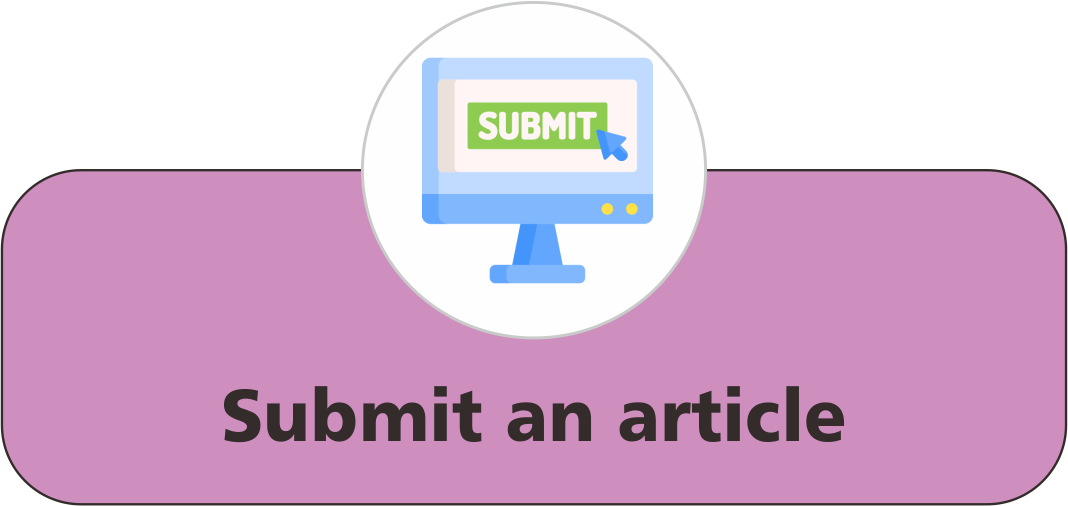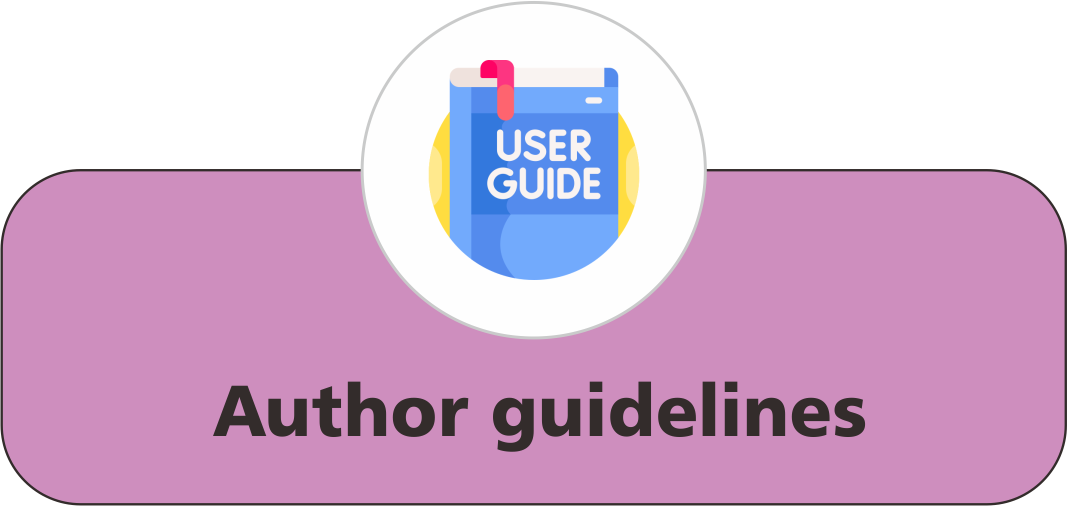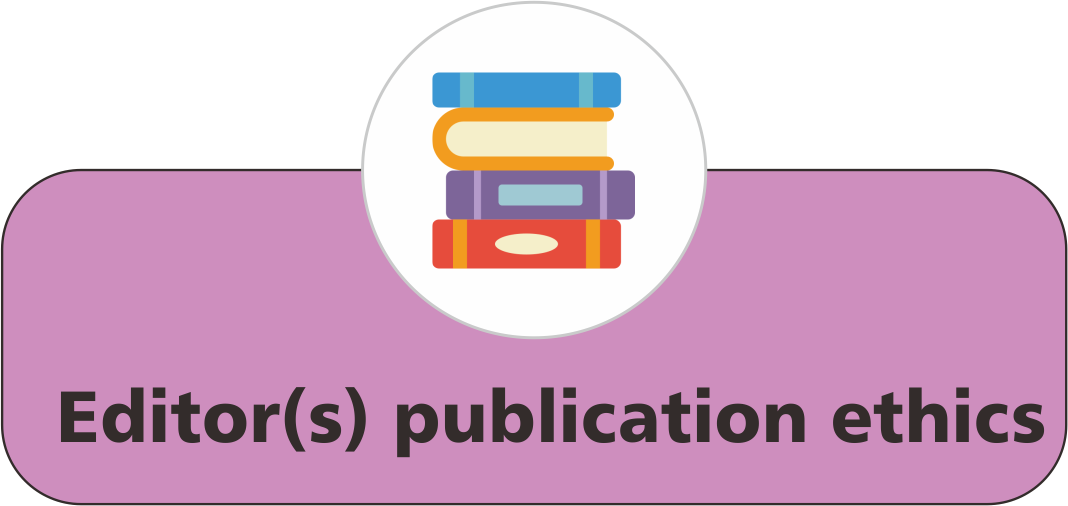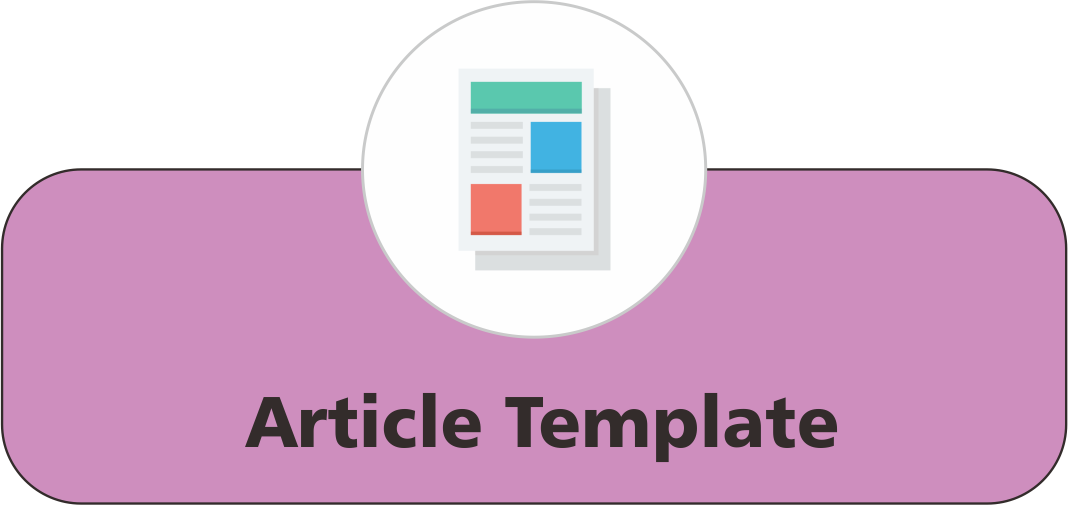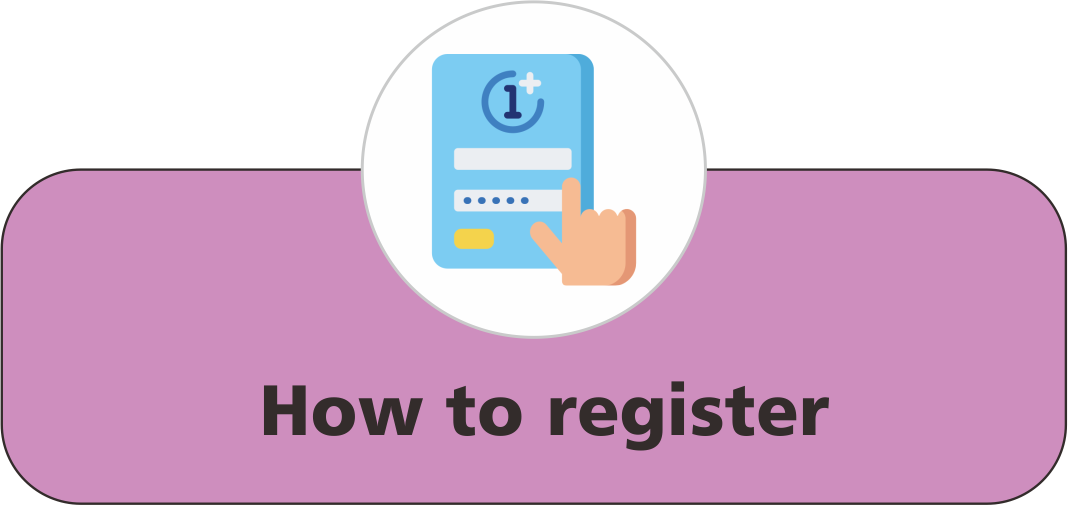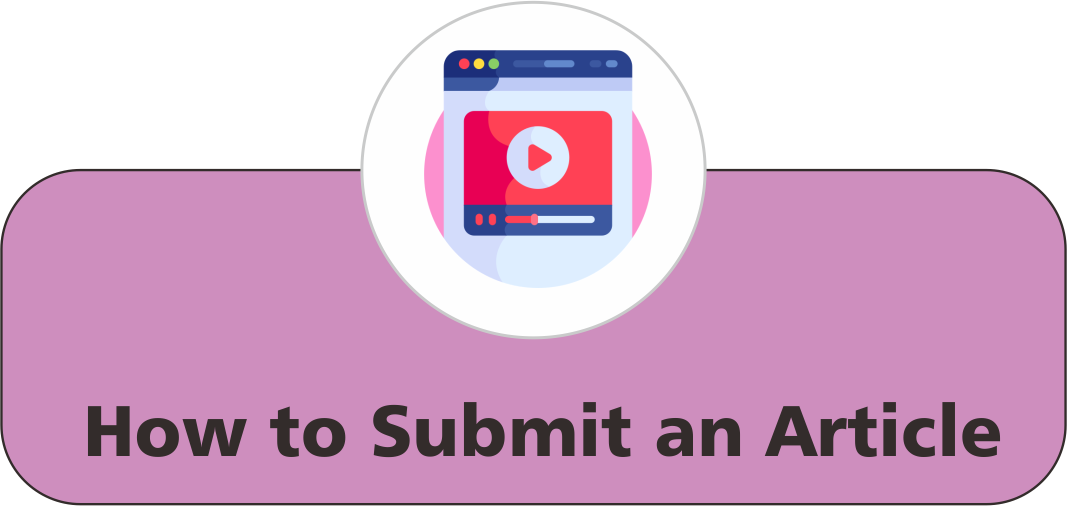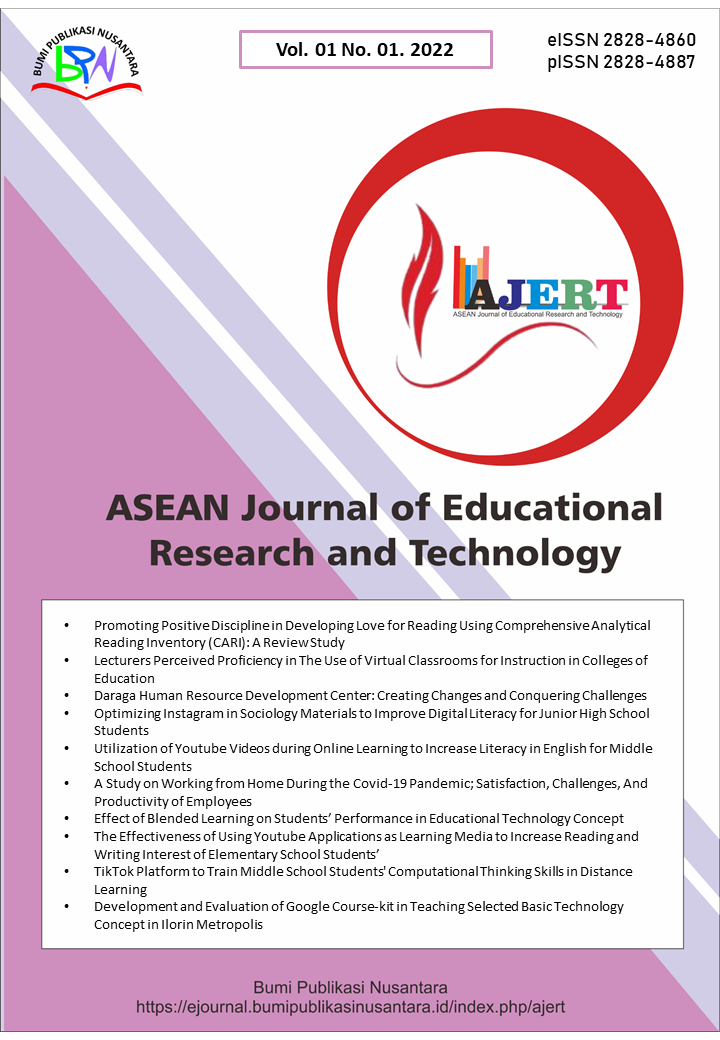Self-Concept as Predictors of Internet Addiction Among Undergraduate Students of Kwara State University, Nigeria
 ), Habibat Bolanle Abdulkareem(2), Abdullahi Suleiman(3),
), Habibat Bolanle Abdulkareem(2), Abdullahi Suleiman(3),
(1) Al-Hikmah University
(2) Al-Hikmah University
(3) Al-Hikmah University
 Corresponding Author
Corresponding Author
Abstract
Keywords
References
Amudhan, S., Prakasha, H., Mahapatra, P., Burma, A. D., Mishra, V., Sharma, M. K., and Rao, G. N. (2022). Technology addiction among school-going adolescents in India: Epidemiological analysis from a cluster survey for strengthening adolescent health programs at district level. Journal of Public Health, 44(2), 286-295.
Bharathi, T. A., and Sreedevi, P. (2016). A study on the self-concept of adolescents. International Journal of Science and Research, 5(10), 512-516.
Butler, R. J., and Gasson, S. L. (2005). Self-esteem/self-concept scales for children and adolescents: A review. Child and Adolescent Mental Health, 10(4), 190-201.
Callaghan, C., and Papageorgiou, E. (2015). Gender differences in locus of control and student performance in the South African context of accounting studies. Meditari Accountancy Research, 23(3), 348-368.
Cheng, Y. C., Yang, T. A., and Lee, J. C. (2021). The relationship between smartphone addiction, parent–child relationship, loneliness and self-efficacy among senior high school students in Taiwan. Sustainability, 13(16), 9475.
Churchill, S. A., Munyanyi, M. E., and Smyth, K. P. R. (2020). Locus of control and the gender gap in mental health. Journal of Economic Behavior and Organization 178, 740-758.
Ezeh, M. A., Ezeanya, I. D., Okonkwo, E. A., Obi, L. I. and Ogbozor, P. A. (2021). Self-esteem and internet addiction. Esut Journal of Social Science, 6(2), 170-183.
Garipağaoğlu, B., and Güloğlu, B. (2021). Self-leadership and professionalism as the predictors of entrepreneurial propensity: The role of locus of control and learned resourcefulness as moderators. Yeditepe Üniversitesi Eğitim Fakültesi Dergisi, 10(12), 46-63.
Huang, H. C., Liu, L. W., Chang, C. M., Hsieh, H. H., and Lu, H. C. (2019). The effects of locus of control, agents of socialization and sport socialization situations on the sports participation of women in Taiwan. International Journal of Environmental Research and Public Health, 16(10), 1-11.
Kamran, H., Afreen, A., and Ahmed, Z. (2018). Effect of internet addiction on dietary behavior and lifestyle characteristics among university students. Annals of King Edward Medical University, 24(S), 836-841.
Kircaburun, K., Yurdagül, C., Kuss, D., Emirtekin, E., and Griffiths, M. D. (2021). Problematic mukbang watching and its relationship to disordered eating and internet addiction: A pilot study among emerging adult mukbang watchers. International Journal of Mental Health and Addiction, 19, 2160-2169.
Krampe, H., Danbolt, L. J., Haver, A., Stålsett, G., and Schnell, T. (2021). Locus of control moderates the association of covid-19 stress and general mental distress: Results of a Norwegian and a German-speaking cross-sectional survey. BMC Psychiatry, 21(1), 1-13.
Marcic, R. and Grum, D. K. (2011). Gender differences in self-concept and self-esteem components. Studia Psychologica, 53(4), 373-384.
McPherson, A. and Martin, C. R. (2017). Are there gender differences in locus of control specific to alcohol dependence?. Journal of Clinic Nursing, 1(2), 258-265.
Meates, J. (2020). Problematic digital technology use of children and adolescents: Psychological impact. Teachers and Curriculum, 20(1), 51–62.
Miranda, R. B., Goldberg, A., and Bermudez, X. P. D. (2022). Social reintegration programs for former inmates in Brazil: Is there a gender perspective?. Ciência and Saúde Coletiva, 27(12), 4599-4616.
Muraina, K. O., and Popoola, B. O. (2022). Locus of control and self-concept as determinants of internet addiction among public university undergraduates in Oyo State, Nigeria. Journal of Digital Learning and Education, 2(1), 51-58.
Muthuri, R. N. D. K., and Arasa, J. N. (2017). Gender differences in self-concept among a sample of students of the United States; International University in Africa. Ann Behav. Sci, 3(2), 1-11.
Tus, J. (2020). Self–concept, self–esteem, self–efficacy and academic performance of the senior high school students. International Journal of Research Culture Society, 4(10), 45-59.
Wilgenbusch, T. and Merrell, K. W. (2019). Gender differences in self-concept among children and adolescents: A meta-analysis of multidimensional studies. School Psychology Quarterly, 14(2), 101–120.
Young, K. S. (2007). Treatment outcomes with internet addicts. Journal of Cyber Psychology and Behavior, 10(5), 671-679.
Article Metrics
Abstract View : 1381 times
: 1381 times Download : 820 times
Download : 820 times
Refbacks
- There are currently no refbacks.
Copyright (c) 2023 Bumi Publikasi Nusantara

This work is licensed under a Creative Commons Attribution-ShareAlike 4.0 International License.

